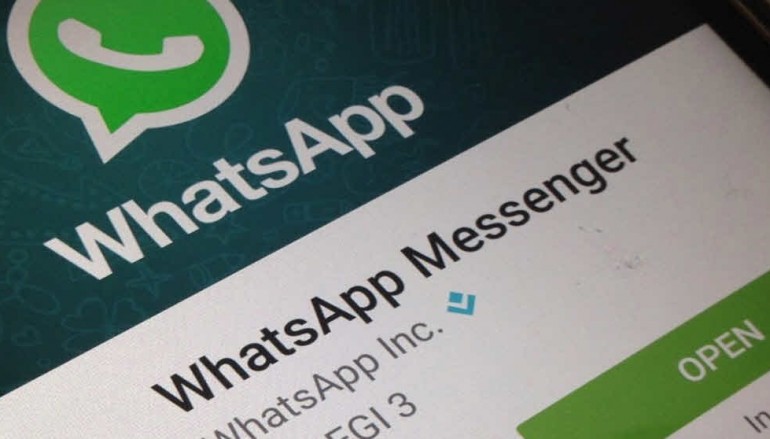
Facebook arrest foreshadows the global data encryption war
On March 1, Brazilian federal police arrested Diego Dzodan for his failure to turn over decrypted WhatsApp messages for a drug investigation. Dzodan is a vice president at Facebook, the parent company of WhatsApp, which offers its customers “end-to-end” encryption of their messages. Though he spent only about 24 hours in jail, Dzodan’s arrrest shows that foreign governments may take measures that are far more direct — and immediate, than those pursued by the FBI in its effort to force Apple to unlock an iPhone.
What if Facebook CEO Mark Zuckerberg had been in Brazil at the moment his company defied a court order? Might Brazilian law enforcement have jailed Zuckerberg instead of Dzodan? Sound far-fetched and alarmist? Maybe.
But how soon before employees of other technology companies find themselves ordered by local courts to unlock encrypted data from smartphones in criminal cases? What if the scene of a horrific shooting were a foreign capital and law enforcement there were stymied by iPhone data encryption? Would they swear an arrest warrant for Apple CEO Tim Cook? The international uproar would be swift, but probably divided.
In 2012, Fabio José Silva Coelho, president of Google Brazil, was arrested for videos attacking a mayoral candidate that had been posted to YouTube. In 2010,three Google employees were arrested in Italy for a video which they had never even seen. These and other recent cases reveal differing, evolving approaches to privacy and security, opposing views on whether tech companies are innocent intermediaries or bad actors, and even a clumsy understanding of technology and corporate structure. In the Dzodan case, for instance, the Brazilian court seemed to ignore that Facebook and WhatsApp operate independently. They arrested the wrong guy! Underpinning these government actions however, is adesire, or a right depending on one’s point of view, for governments to have the ability to conduct searches, both virtual and real, in pursuit of safety and security.
It’s an absolutist principle stated by President Barack Obama this weekend at the South by Southwest conference:
Before smartphones were invented, and to this day, if there is probable cause to think that you have abducted a child, are engaging in a terrorist plot, or if you’re guilty of a serious crime, law enforcement can appear at your doorstep, say they have a warrant to search your home, and rifle through your underwear to see if there’s any evidence of wrongdoing.
The New York Times reports that there is a “prolonged standoff” underway between the U.S. government and WhatsApp, and describes sealed litigation over encryption of messages much like the Dzodan case in Brazil. Will it be the executive, judicial, or legislative branch that breaks the logjam and imposes the government’s will?
For now, the smart money favors Congress. It’s likely that legislation from Senators Richard Burr and Dianne Feinstein, the top Republican and Democrat on the Senate Intelligence Committee, will be introduced this week. The bill may require technology companies – including Apple and WhatsApp – to comply with court ordered decryption, and specify civil penalties for refusing to do so. The proposed law, however, would stop short of imposing criminal penalties. Whether foreign governments will go along remains to be seen.
For more coverage of Apple and the FBI’s fight over unlocking the San Bernardino shooter’s iPhone, visit our timeline of the case here.
Source | VentureBeat





